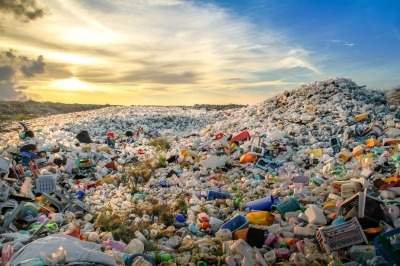Recycling Technologies has opened its new headquarters and manufacturing facility in Stirling Court of Swindon, UK, in a bid to increase its waste plastic recycling capacity.

Image: Recycling Technologies new manufacturing facility will help increase waste plastic recycling capacity. Photo: courtesy of andhu / FreeDigitalPhotos.net.
Recycling Technologies has designed and secured patent for its RT7000 plastics recycling machine, which enable to convert plastic waste into oil known as Plaxx, which can be used to produce new plastics.
Plaxx, which is ultra low sulfur oil, includes several hydrocarbon fractions that can be sold separately or as a whole.
The 25,000ft² facility will enable the company to advance the manufacturing of RT7000 plastics recycling machines, which will be supplied to recycling centers in the UK and across the globe.
Recycling Technologies’s machine allows recycling plastics such as plastic film, laminated food pouches and crisp packets, as well as black plastics.
The RT700 machine holds capacity to heat up the plastic without using oxygen, enabling to break the waste plastic down into Plaxx.
Recycling Technologies has developed the chemical process, which can integrate traditional mechanical recycling activities to deal with hard-to-recycle plastic waste.
According to the company, the combination of mechanical and feedstock recycling systems will help increase current recycling rates up to 90%.
The small size of RT7000 machines enables to accommodate within existing waste management facilities, helping to decrease financial and environmental costs of transporting residual plastic waste.
Recycling Technologies CEO Adrian Griffiths said: “We have a goal to triple Europe’s current plastic recycling capability by 2027 through the provision of 10 million tonnes of urgently needed new waste plastic recycling capacity.
“Our manufacturing facility here in Stirling Court, Swindon will be capable of manufacturing 200 RT7000 machines a year to meet the growing demand for plastic recycling capacity in the UK, Europe and the rest of the world.
“This facility would not have been possible without the support we have received from our shareholders, staff, the great research and development facilities at the UK’s top universities and business grants from Government and local business development agencies to commercialize this technology.”
